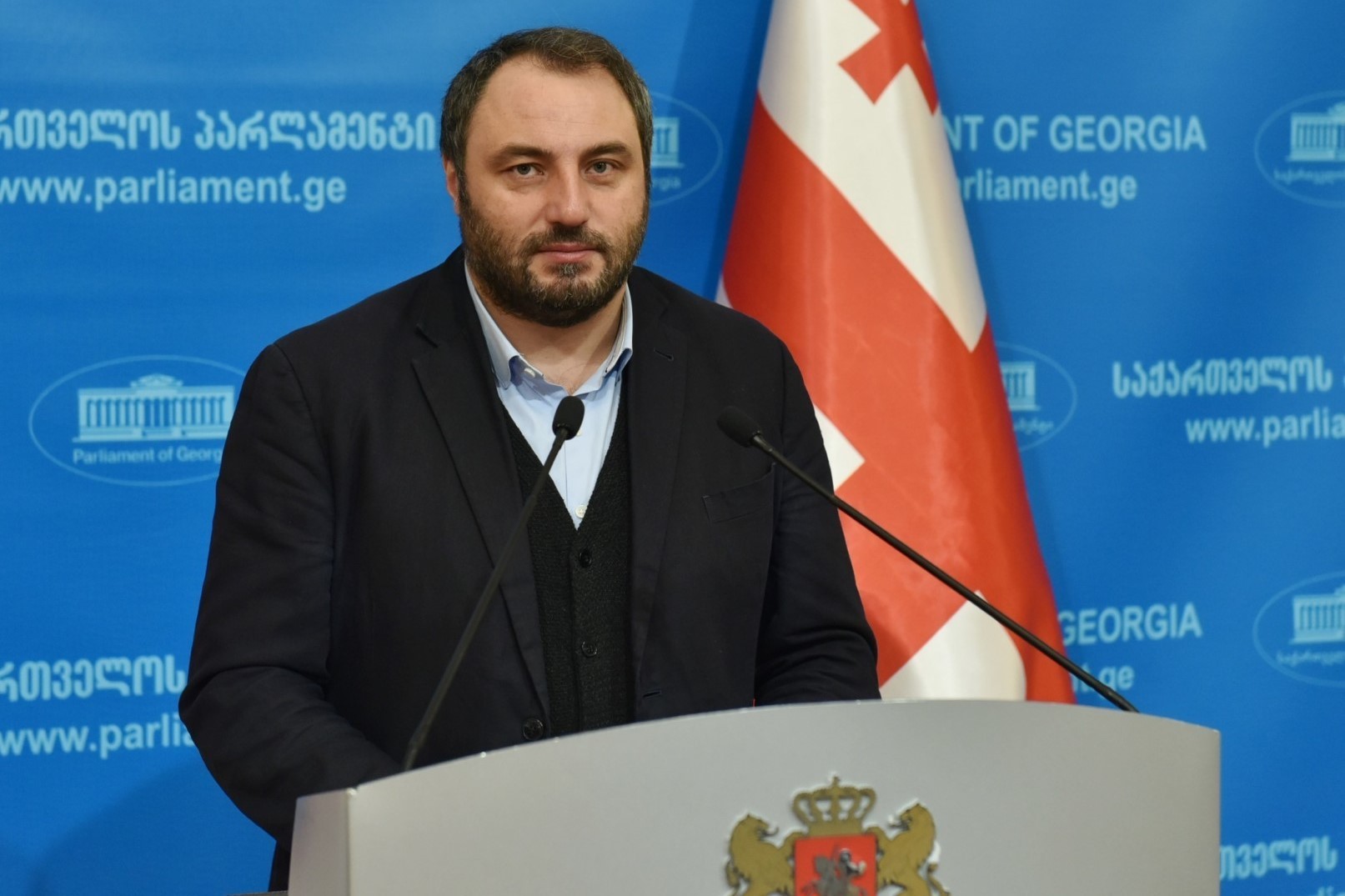
Georgian lawmakers have dismissed a proposal to redefine the country’s ₾20 ($6.40) monthly minimum wage, which was set over 20 years by then–President Eduard Shevardnadze.
On 8 September, parliament’s Economy and Economic Policy Committee rejected an initiative by MP Beka Natsvlishvili which proposed setting the minimum wage at 45% of the average monthly salary.
According to the Georgian National Statistics Office, Geostat, the average wage in Georgia is currently ₾520 ($168).
The bill was co-authored by Natsvlishvili, who recently formed the Our Georgia — Alliance of Solidarity party, and the Solidarity Network, a local labour rights organisation.
They argued in the bill that the absence of a proper minimum wage risked condemning those earning less than ₾500 per month to poverty.
According to the Revenue Service, around 229,000 people fell below this figure in 2019.
‘We are talking about basic needs. If an employee is earning even less than the subsistence minimum, we should not even call this relationship “labour”,’ Davit Omsarishvili, a lawyer at the Solidarity Network told OC Media.
In July, Geostat defined the monthly subsistence minimum as ₾163 ($52), something that social rights advocates have also argued is outdated.
Natsvlishvili insisted the bill would protect workers from ‘low’ and ‘unfair’ salaries.
The bill also envisaged exempting small businesses — those with fewer than 21 employees and an annual turnover under ₾500,000 ($162,000). Had it passed, the minimum wage would be revised by the government annually.
This was the latest of several attempts in recent years to revisit the issue, with none gaining traction among major political groups. Despite inflation and a rise in average salaries over the past 20 years, the ₾20 minimum wage, set for the private sector in 1999, has not changed since.
‘Personality politics’
Natsvlishvili, who plans to run for a majoritarian seat in Tbilisi in 31 October’s parliamentary elections, told OC Media that he hoped the upcoming campaign would motivate lawmakers to support this ‘beneficial’ initiative.
‘It took the government eight months to come up with initial feedback for the initiative before it was greenlit for parliament’.
Natsvlishvili said that no political party in Georgia supported raising the minimum wage and that they were preoccupied with ‘pursuing personality politics only’.
Following the unsuccessful committee hearing on 8 September, Natsvlishvili accused the ruling Georgian Dream party of pursuing ‘anti-social policies’. He accused them of having ‘turned into a government in service of big business and business associations’.

Last November, Georgian Dream also rejected a similar bill from the Georgian Trade Unions Confederation (GTUC) which would have set the minimum wage at 35% of the average salary.
The organisation’s vice president, Raisa Liparteliani, told OC Media said there was no support from any political group in Georgia for their bill.
She said they ‘see no point’ of reviving the issue before the election but that they planned to continue to advocate for it in the future.
‘A matter of honour’
An updated minimum wage was also included in a previous version of the country’s upcoming labour code reforms.
Speaking on the matter in September 2019, Parliamentary Speaker Archil Talakvadze said it was ‘wrong to make people work for ₾120 ($39)’.
‘This is a matter of honour. If we want development, we should probably say what the minimum wage is and do it in agreement with businesses’, Talakvadze said.
However, the proposal was met with hostility from several business groups in Georgia represented by the Georgian Business Association and was subsequently dropped from the reforms.
[Read more on OC Media: Sweeping labour reforms go ahead in Georgia despite opposition from business groups]
In late May, the Friedrich Ebert Foundation released a public opinion survey which found that 48% fully supported the idea of a minimum wage and 27% ‘partially’ did. Only 12% were found to be against.
In 2016, Ucha Nanuashvili, the Public Defender at the time, recommended the government define daily minimum salaries and to set minimum monthly salaries as at least 30% of the average. The comments were largely ignored.
Arguments for and against
Following the committee hearings on 8 September, the chair of the Economy and Economic Policy Committee, Roman Kakulia, argued that introducing a minimum wage would force employers to cut jobs in order to raise salaries.
A similar position was expressed by the Georgian Business Association, which represents several of the country’s largest employers including the Georgian Industrial Group conglomerate, Bank of Georgia, TBC Bank, pharmaceutical companies Aversi and PSP, the Silk Road Group conglomerate, and Tegeta Motors.
In conversation with OC Media, Beka Natsvlishvili claimed that the draft law, which was backed by 25,000 signatures in its support, was faced largely with ‘ideological attitudes’ rather than counterarguments.
‘The only valid one was a suggestion to raise the threshold for companies freed from the minimum wage burden above ₾500,000 annual turnover,’ Natsvlishvili said.
‘Now we are stuck again with an unaddressed problem of having employed people who live in poverty and a decree on minimum wage issued by [second Georgian President Eduard] Shevardnadze in 1999.’
On Wednesday, Georgian rights group EMC released a statement arguing that setting a new minimum wage was key for unemployment benefits to be effective.
The group said it was also an important step to avoid polarisation of the Georgian labour force and a widening of the income gap.









